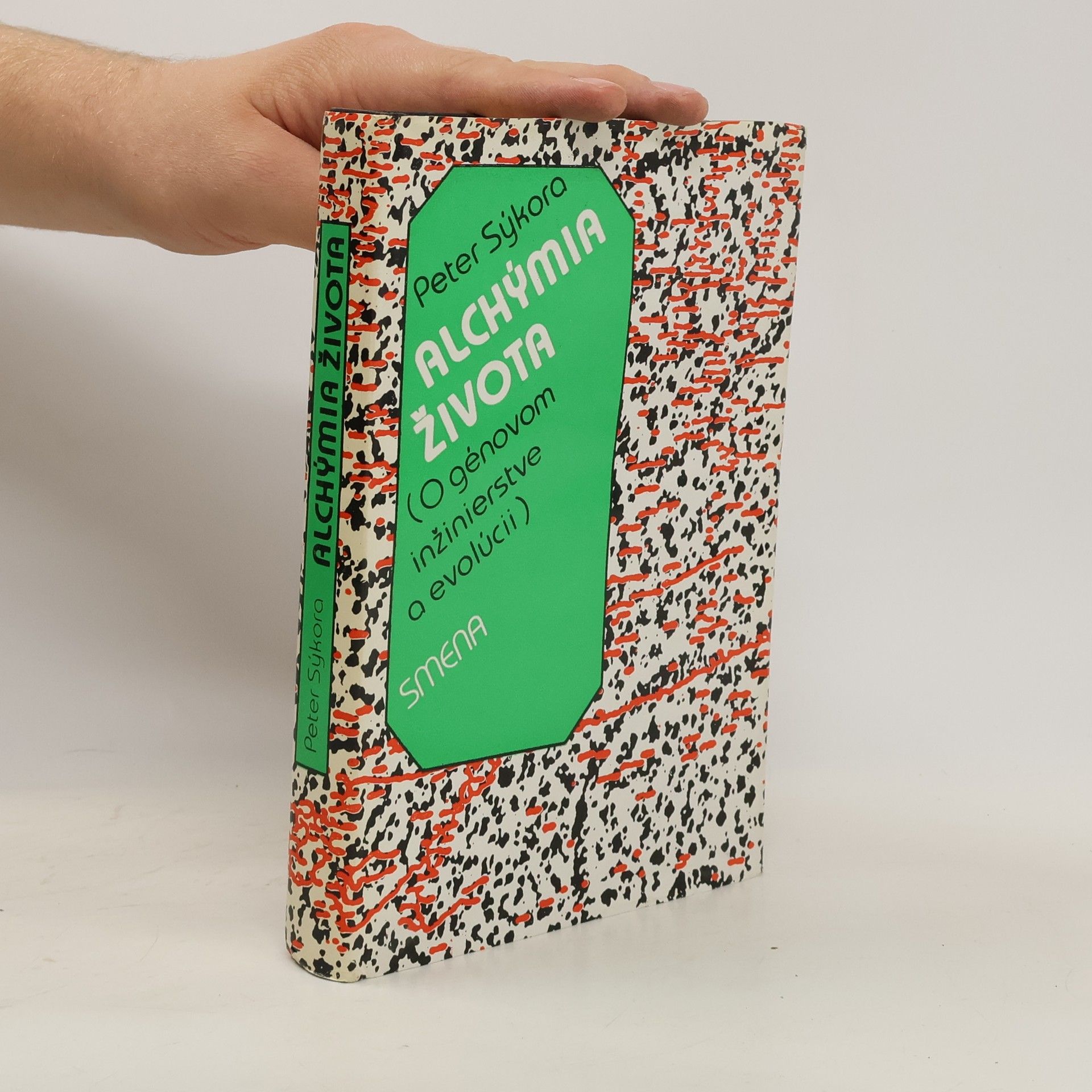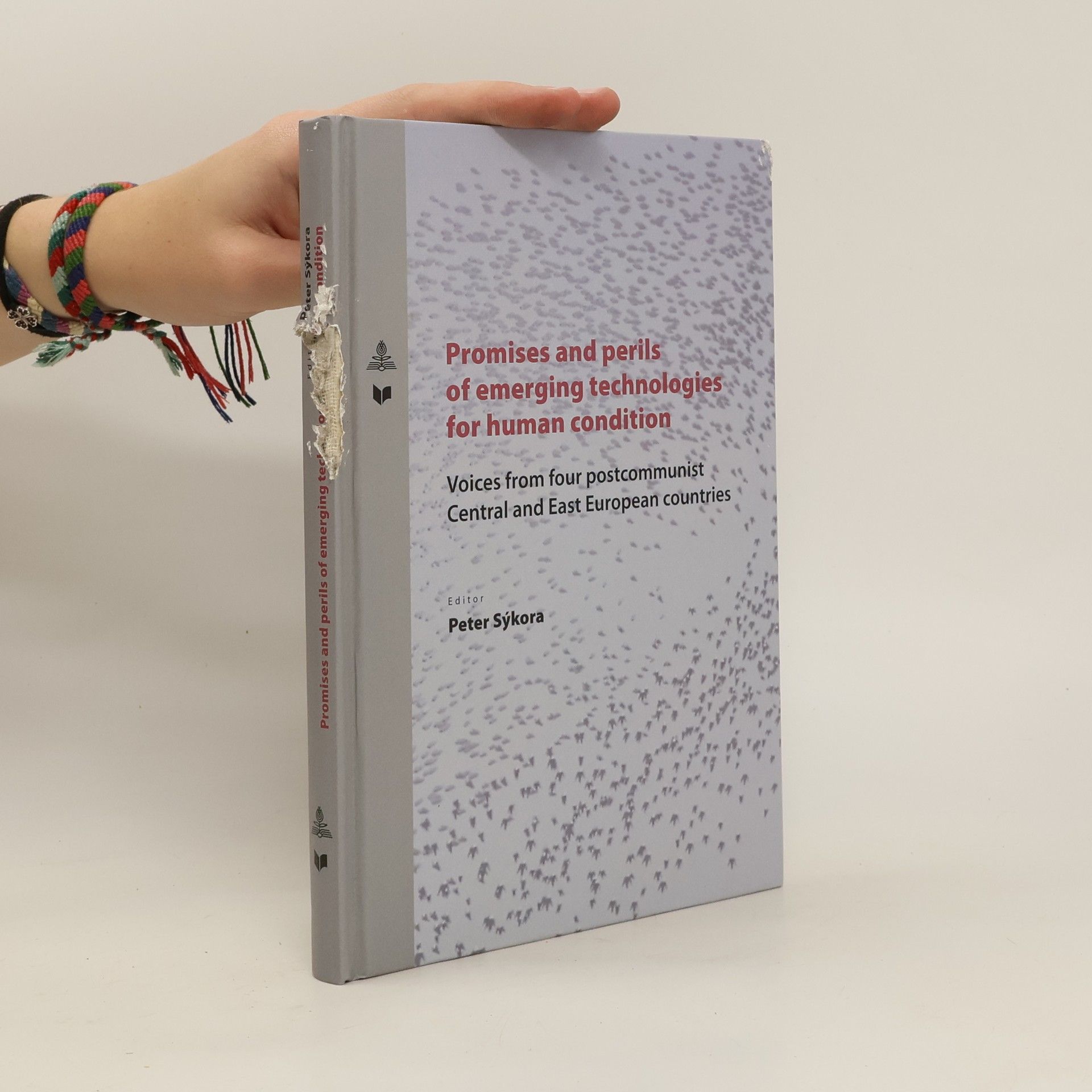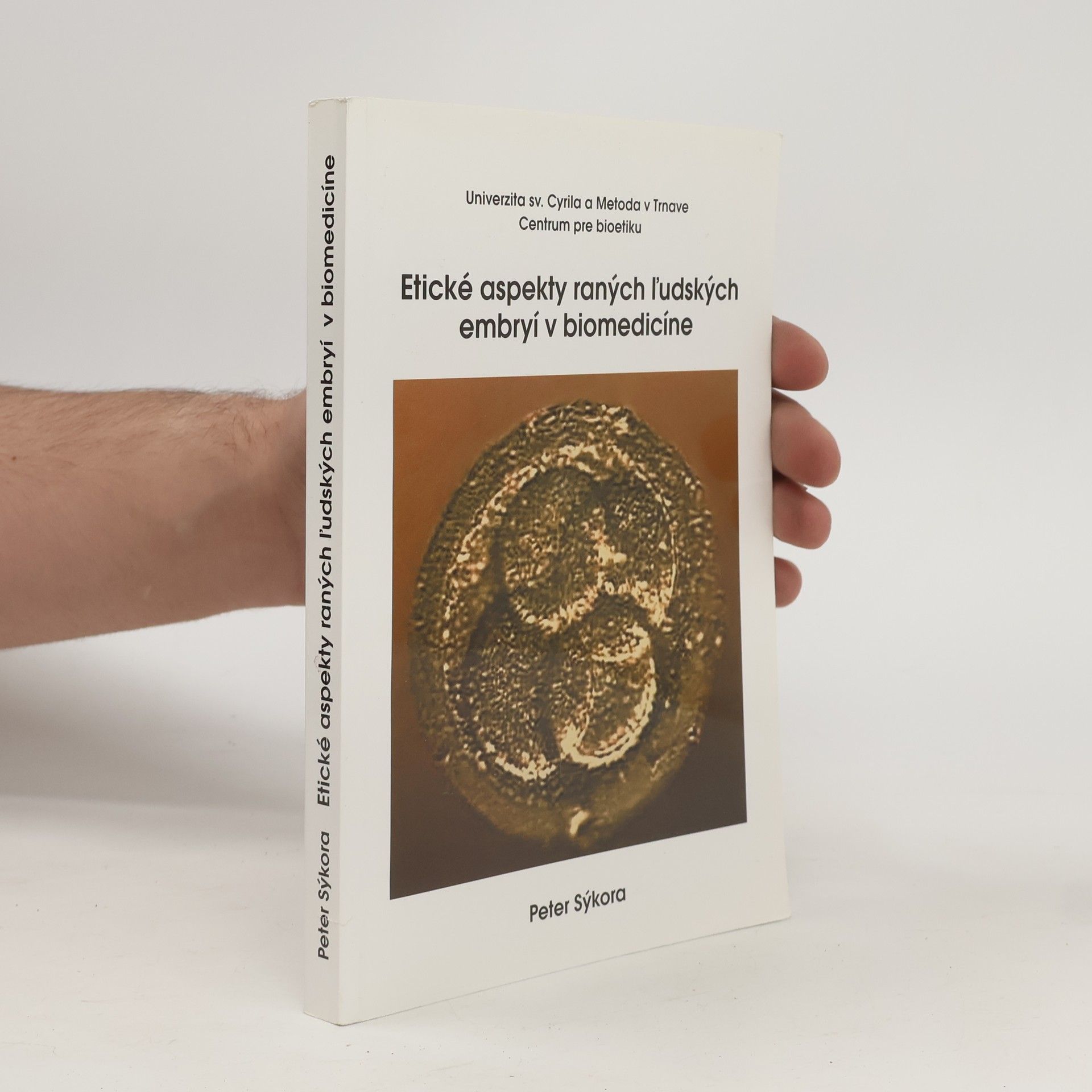Peter Sýkora Knihy







Focusing on the regulation of research involving human tissue, this work offers a multidisciplinary approach that blends practical insights with conceptual analysis. It sets a new standard for discussing altruism in the context of medical research, exploring ethical considerations and the implications of tissue use. The book aims to provoke thought and dialogue on how altruism intersects with scientific inquiry and the governance of human biological materials.
Emerging technologies are defined as fast-growing radically novel technologies with an estimated prominent impact on human society in the future. The ambiguity and uncertainty of emerging technologies at the same time raise techno-optimistic expectations, as well as serious worries about possible unwanted and unpredicted negative consequences following their introduction into wider practice. And because of their radical novelty, emerging technologies also challenge various traditional philosophical and ethical concepts, established risk assessment methods, science and technology governance and policies, science to public communication and practices within and outside the medical domain. The aim of this volume is to present the view of ten authors from four postcommunist Central and East European countries (Czech Republic, Slovakia, Poland and Latvia) on emerging technologies and human enhancement. They analyse the topic from various perspectives: anthropological, ethical, philosophical, ontological, empirical, and legal. A variety of views will contribute to a development of the discourse on technology assessment in their countries, help to make the process of national policy and law formation more active and less "mimetic", and open the national discourses to international discussion and critical analysis.
Saul Kripke a oživenie metafyziky
- 170 stránek
- 6 hodin čtení
Keď sa autori tejto publikácie začali pred niekoľkými rokmi pravidelne stretávať na seminári, kde čítali a analyzovali text Kripkeho prednášok Pomenovanie a nevyhnutnosť, netušili, že ich aktivity raz vyústia do textov v podobe kolektívnej monografie. Ako to už býva – a to je práve na takýchto seminároch najpríťažlivejšie – živé, chvíľami doslova vášnivé diskusie sa postupne ustaľovali do viac-menej jasných názorov. A takisto, ako to už býva, nešlo vždy o spoločne zastávané postoje. Napokon, dôkazom odlišných postojov sú aj texty jednotlivých kapitol, z ktorých vidieť, ako ich autori kriticky prijímajú, modifikujú či odmietajú názory alebo koncepcie, ktoré priamo alebo sprostredkovane ponúka Saul Kripke a ďalší filozofi.
Európska integrácia : úvod
- 261 stránek
- 10 hodin čtení
Boj s drakom
- 136 stránek
- 5 hodin čtení
Podivuhodné úvahy současného slovenského filozofa a genetika o filozofii vědy.



